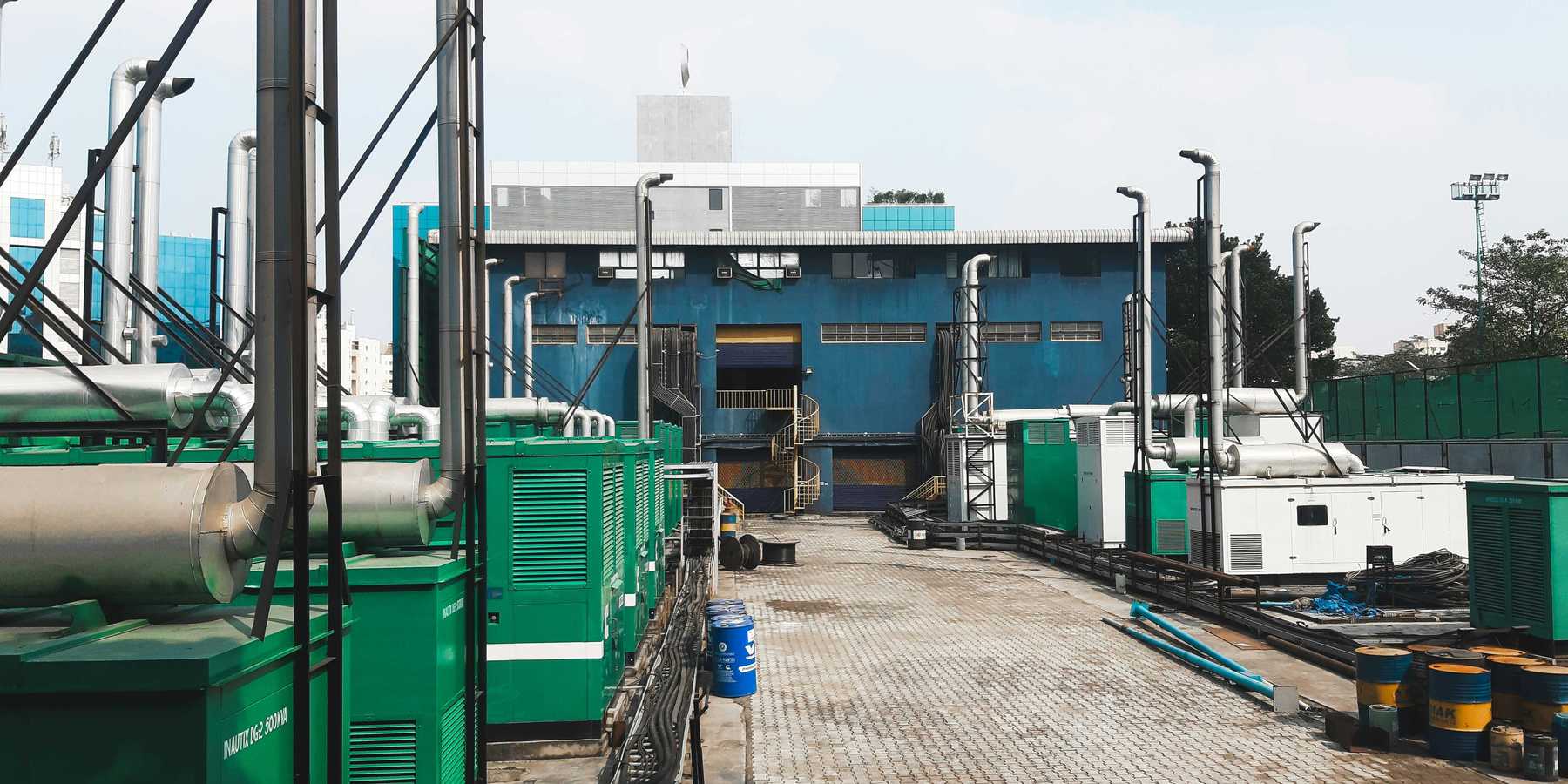vegetables
World Bank suggests reprioritizing agricultural subsidies to combat climate change
The World Bank proposes shifting subsidies from high-emission foods like red meat and dairy to more sustainable options such as poultry and vegetables, aiming to reduce global greenhouse gas emissions.
In short:
- The World Bank's new strategy focuses on reallocating funds to support less carbon-intensive foods, like chicken and vegetables.
- This approach could drastically lower the agriculture sector's contribution to global emissions, currently at nearly one-third.
- The plan coincides with upcoming updates to the Paris Agreement, stressing the urgency of enhanced climate action in food production.
Key quote:
“We have to stop destroying the planet as we feed ourselves.”
— Julian Lampietti, manager for global engagement in the World Bank's agriculture and food global practice
Why this matters:
Red meat and dairy are among the most resource-intensive and polluting agricultural sectors, contributing significantly to greenhouse gas emissions, deforestation, and water scarcity. By diverting subsidies to lower-emission alternatives such as poultry and plant-based products, the initiative aims to mitigate these environmental concerns while fostering a more sustainable and resilient food system.
Related EHN reporting:
JM Fortier wants to help more small-scale farmers grow vegetables in winter
In the face of extreme weather, scientists look to adapt crops
California leads the way in low-carbon school meals
Bees, butterflies and other county pollinators getting millions in support
Because of the impacts of climate change, habitat loss, disease and the use of pesticides, the number of pollinators that make so many fruits and vegetables possible are on the decline.
Discounting produce at the end of its shelf-life can cut food waste— and help fight climate change
Anew study from the University of California San Diego's Rady School of Management found that dynamic food pricing could help keep more perishable items out of landfills, reducing food waste by 21% or more.









